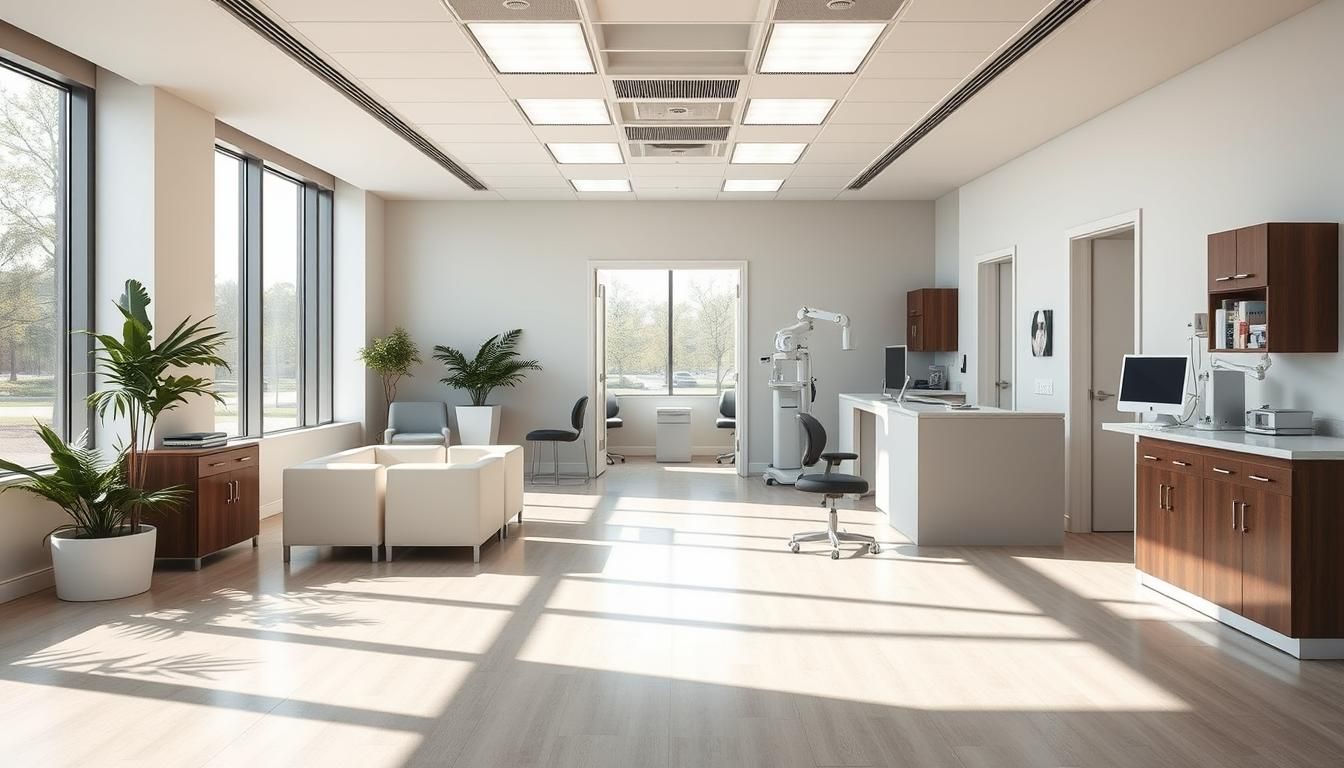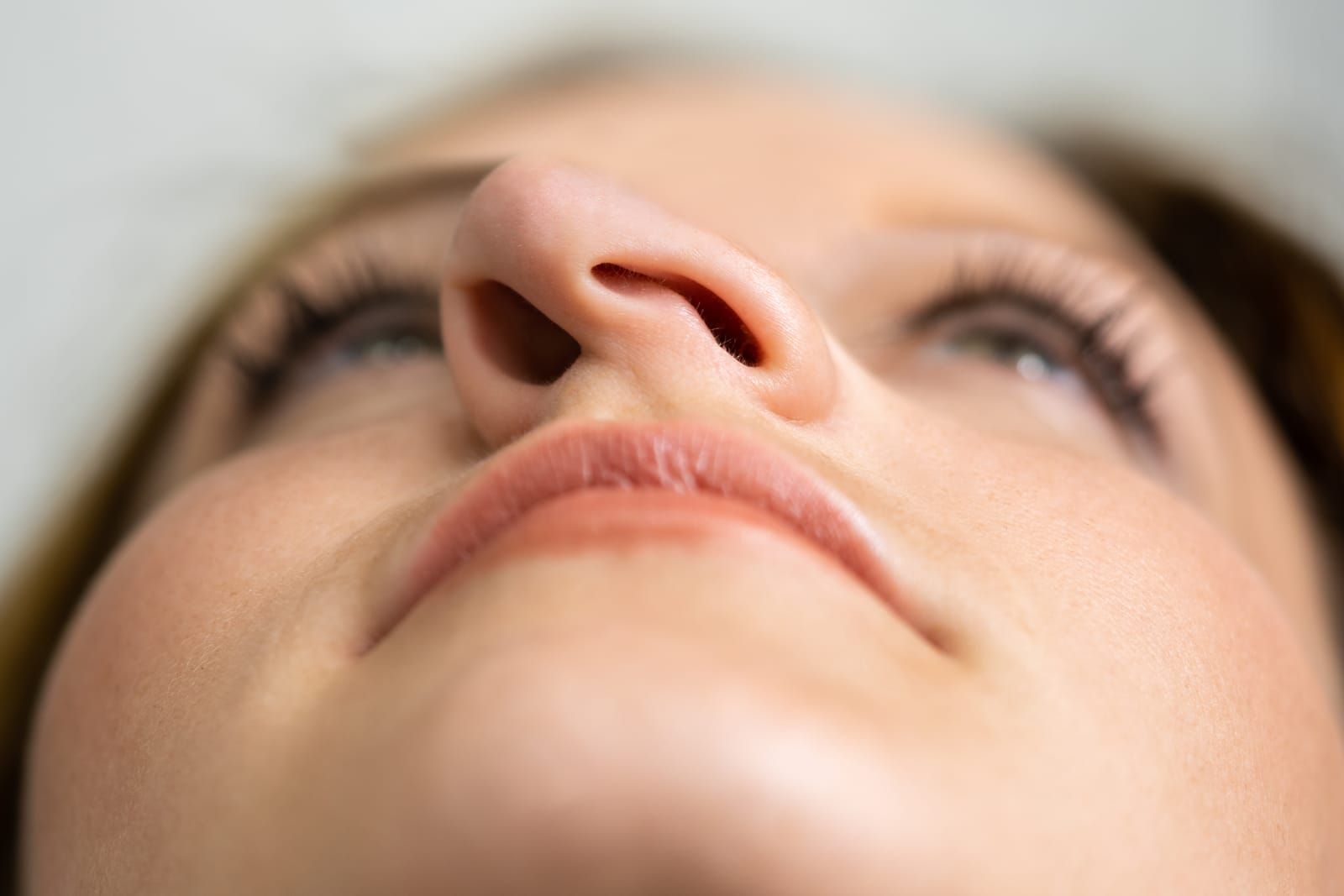Is Surgery Necessary for a Deviated Septum?
If you've ever struggled with persistent nasal congestion or difficulty breathing through one nostril, you might be dealing with a deviated septum. This condition affects many people, often without them even realizing it. Understanding when surgery is necessary can help you make informed decisions about your health.
What is a Deviated Septum?
The nasal septum is the thin wall that separates your two nasal passages. Ideally, it divides the nose evenly. However, in many people, this septum is slightly off-center or "deviated." This can be due to:
- Congenital factors: Some people are born with a deviated septum.
- Injury: Trauma to the nose, such as a blow or impact, can cause deviation.
- Aging: Changes in nasal structure over time can worsen the condition.
Symptoms of a Deviated Septum
While some people with a deviated septum experience no symptoms, others may have:
- Breathing difficulties: Especially on one side of the nose
- Nasal congestion: Frequent blockages or stuffiness
- Recurrent sinus infections: Due to poor drainage
- Nosebleeds: Caused by the drying of mucous membranes
- Sleep issues: Including snoring or sleep apnea
When to Consider Surgery
Surgery, often referred to as septoplasty, may be considered under certain circumstances:
- Severe Symptoms: Your daily life is disrupted by breathing difficulties, or you are experiencing frequent sinus infections.
- Ineffective Nonsurgical Treatments: Medications like nasal sprays, antihistamines, decongestants, or allergy treatments aren’t providing relief.
- Impact on Quality of Life: Symptoms interfere with sleep, exercise, or other activities.
Exploring Nonsurgical Options
For those not ready or able to undergo surgery, there are alternatives that may help manage symptoms:
- Nasal Strips: Over-the-counter nasal strips can help open nasal passages and improve airflow temporarily.
- Saline Sprays: Saline nasal sprays can help clear nasal passages of irritants and reduce congestion.
- Humidifiers: Adding moisture to the air can prevent nasal membranes from drying out and reduce congestion.
Weighing the Pros and Cons
Benefits of Surgery
- Improved breathing and airflow
- Reduction in sinus infections
- Enhanced sleep quality
- Better overall nasal function
Potential Risks
- As with any surgery, risks include infection and bleeding.
- Some symptoms may persist after surgery
- Anesthesia effects, long recovery time, and temporary discomfort
Expert Care of the Nose and Sinuses
If you're dealing with troubling symptoms and unsure if surgery is the right choice, it's a good idea to consult an ear, nose, and throat specialist. ENT Care Centers are experts in ENT health, covering general sinus issues and nasal conditions. They can help you decide whether surgery or nonsurgical treatment is best for you. Combining top ENT practices from Louisville, Kentucky, and Jeffersonville, Indiana—including Kentuckiana ENT, Louisville Family ENT, Community ENT, and ENT Associates—they provide high-quality care in and around Louisville and southern Indiana.













